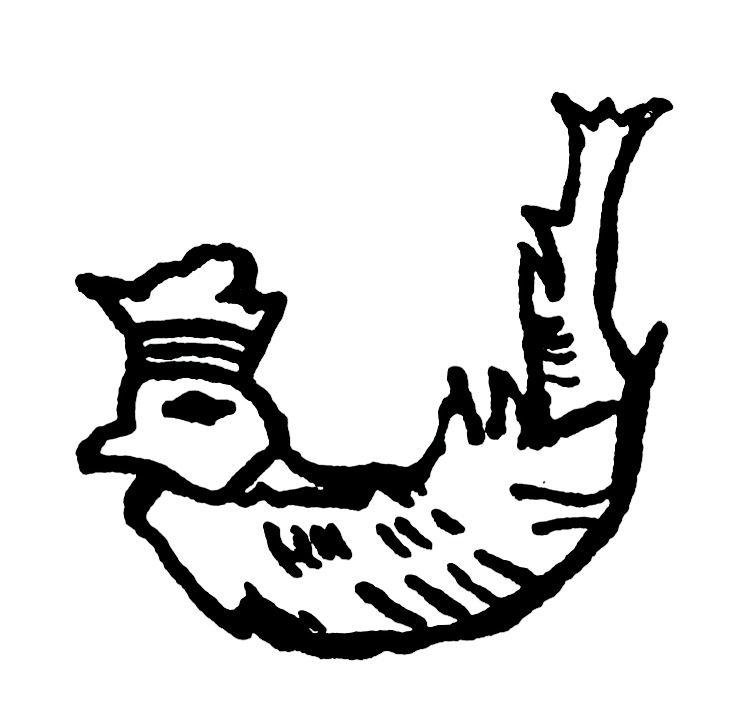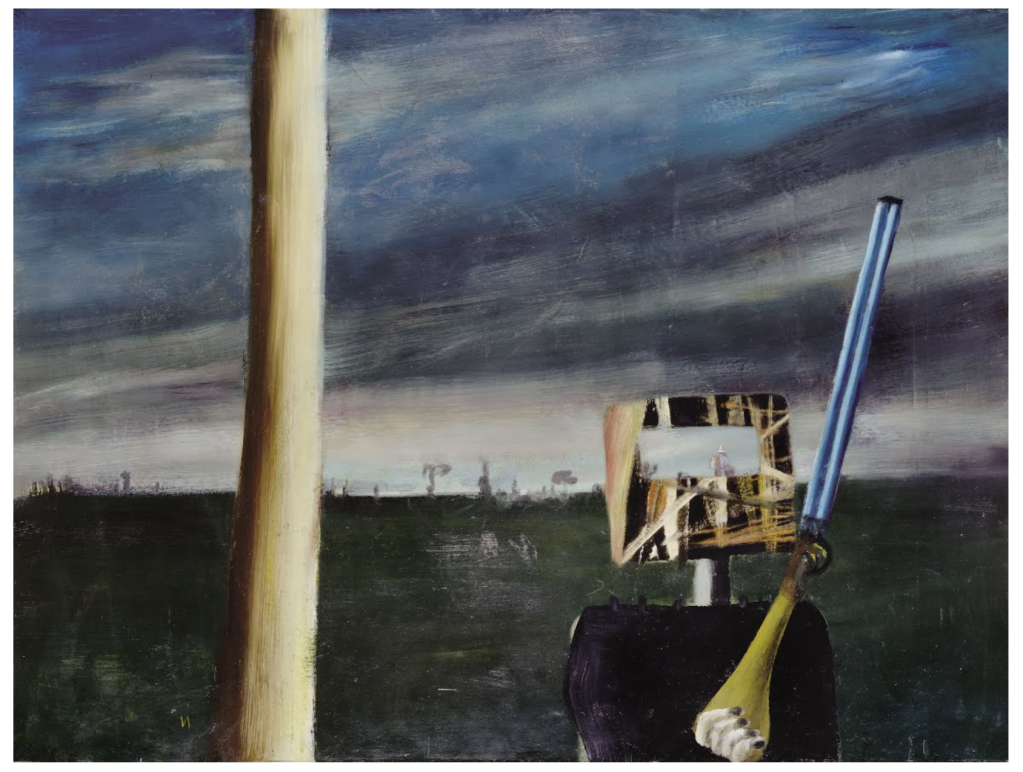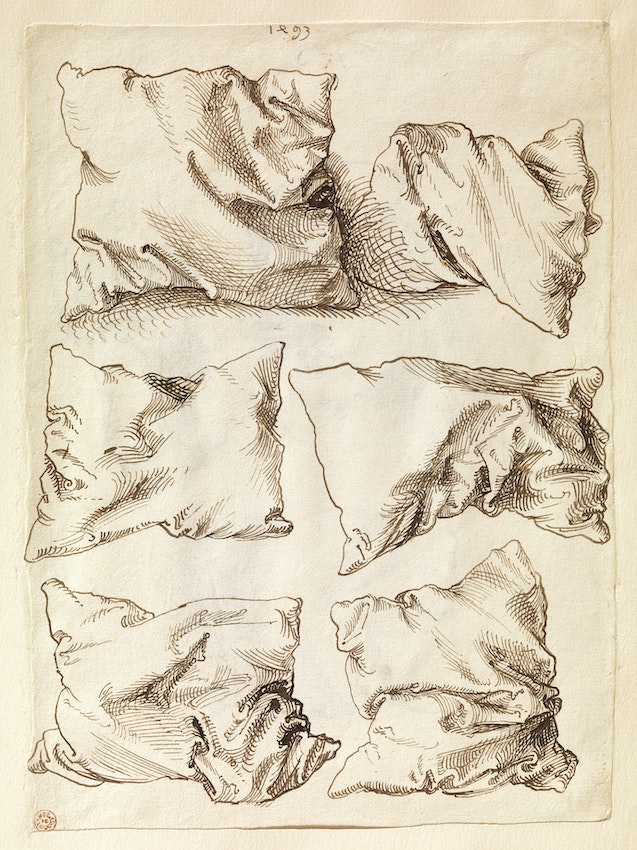
Stephen Page, chief executive of Faber and Faber, on his Spizzichino hi-hat cymbals
GB Why did you choose these cymbals?
SP Since I was 16 I’ve played the drums and I played the same drum kit with what were reputed to be the best cymbals, Zildjian cymbals. I got into a band again about four years ago and the bass player in the band was a real vintage kit man. It slightly annoyed me and we’d have arguments where I’d tell him he was more into the nostalgia than the true sound. Then one day he sent me a sound file of a track that had Spizzichino ride cymbal on it and that was it. I started to do a bit of research and learned the story of Roberto Spizzichino hand making these cymbals in Italy, trying to make them sound like the Zildjian K, which was the great cymbal of the jazz drummers of the 50s and 60s and the one that Joe Morello played. His sound had so much warmth and mirth and life. Then I discovered that you can’t get these cymbals. There was a long treasure hunt which ended up in a place called Steve Maxwell drums in New York where I was told that they’d had 12 cymbals but Brian Blade and Daniel Lanois had been in the day before and bought nine of them. But they had a ride cymbal and a pair of hats. They put me in a booth and I played them for 40 minutes. I walked out and said, “I don’t care how much they cost, I have to have them.”
GB Spizzichino said that he didn’t want his cymbals to sound beautiful, it was more important that they sound unique.
SP He also said that as you play them more they live, they change. These cymbals aren’t clean. They’re much more ambiguous than that. When you hit them you get a warmth of tone that affects everything you’re playing. It’s hard because you can sound imprecise if you’re not careful. I suppose my relationship to drumming has always been as much about tone and colour as it has about rhythm.
GB It’s an interesting choice for someone whose daily life is so intellectual. Is drumming a kind of escape?
SP Well there is the removal of language that attracts me. And there’s a sort of phoney sophistry to the world of literary publishing. Playing the drums makes me feel like a teenager in the Midlands again. It makes me feel like I did at a point in my life when I was free of any idea of myself. Something beyond the construct of adult life.
GB Does the word Beauty come up much in your work?
SP Yes of course. If you publish poetry there’s an aesthetic – not just to the use of language or to the intent, or to the life of a poet, it’s to the object we make, the manner in which we put the words on the page. And you deal with artists who work with the written word as well as with the sound and performance of it – who may also be very particular about the way the words appear on the page. So at the heart of Faber there’s an engagement with a form of publishing that has a powerful relationship with beauty and how things look. E-book has almost entirely failed to penetrate poetry so far, whereas it’s taken over romance. The reason for that is simply that the object holds its place stubbornly because it’s related to the endeavour. There’s beauty in the endeavour in all its difficulty.
GB What makes something worthy of the word Beauty to you?
SP Well I think it’s that essential difference between prettification or attraction and something which seems to stand out exceptionally in the world. There are notions of beauty that are very still and perfect but I wouldn’t say I’m looking for that. Why are these cymbals beautiful to me? They have a kind of organic allure, a perfection in their individuality. And for me there’s beauty in the human endeavour of actually bothering to make them, in the desire of Roberto Spizzichino to spend his life in the woods of Tuscany hammering out cymbals.




